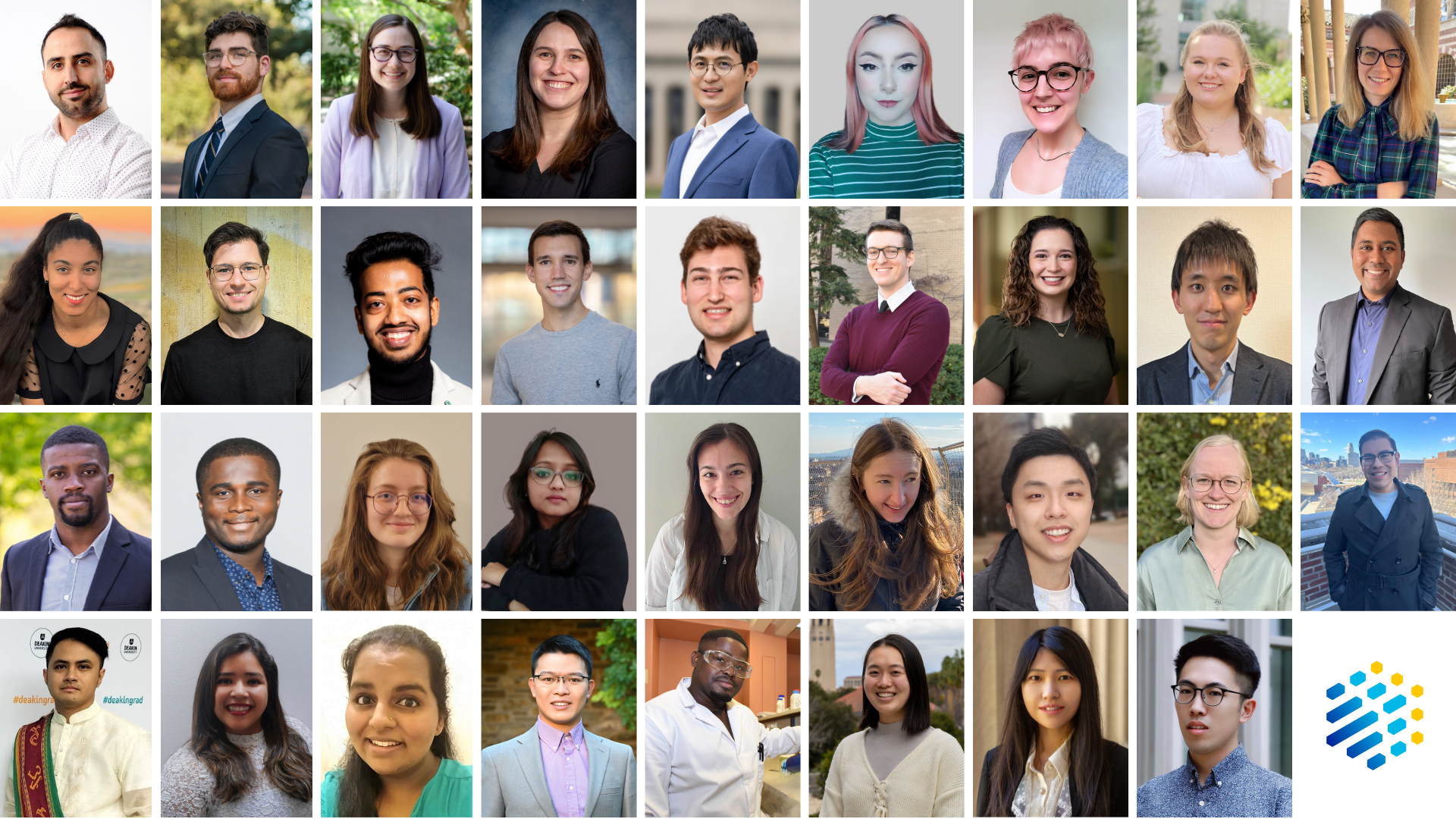2024 CAS Future Leaders

This year's participants were selected from among hundreds of highly qualified applicants, representing a wide array of scientific disciplines and organizations from around the world. Congratulations to our 2024 class:
Aziz Abu-Saleh, University of Windsor, Canada
Noah Bartfield, Yale University, United States
Michelle Brann, Harvard & Smithsonian Center for Astrophysics, United States
Rosemary L. Calabro, U.S. Army DEVCOM Armaments Center and United States Military Academy, United States
Xiangkun (Elvis) Cao, Massachusetts Institute of Technology, United States
Áine Coogan, Trinity College Dublin, Ireland
Chiara Deriu, Politecnico di Torino, Italy
Madison Elaine Edwards, Texas A&M University, United States
Olga Eremina, University of Southern California, United States
Inès Forrest, Scripps Research Institute, United States
Patrick W. Fritz, University of Fribourg, Switzerland
Nabojit Kar, Indiana University Bloomington, United States
Stavros Kariofillis, Columbia University, United States
Joshua Kofsky, Queen's University, Canada
Eric Kohn, University of Wisconsin-Madison, United States
Danielle Maxwell, University of Michigan, United States
Keita Mori, Tokyo University of Agriculture and Technology, Japan
Aditya Nandy, University of Chicago, United States
Akachukwu Obi, Massachusetts Institute of Technology, United States
Ernest Opoku, Auburn University, United States
Daisy Pooler, KTH Royal Institute of Technology, Sweden
Pragti, Indian Institute of Technology Indore, India
Stephanie Schneider, McMaster University, Canada
Ekaterina Selivanovitch, Cornell University, United States
Hanchen Shen, Hong Kong University of Science and Technology, China
Lilian Sophie Szych, Freie Universität Berlin, Germany
Alexander Umanzor, University of Minnesota, Twin Cities, United States
Ken Aldren Usman, Institute for Frontier Materials, Deakin University - Waurn Ponds, Australia
Sara T. R. Velasquez, University of Twente, Netherlands
Gayatri Viswanathan, Iowa State University, United States
Kunyu Wang, University of Pennsylvania, United States
Athi Welsh, University of Cape Town, South Africa
Kyra Yap, Stanford University, United States
Yirui Zhang, Stanford University, United States
Junyi Zhao, Washington University in St. Louis, United States

